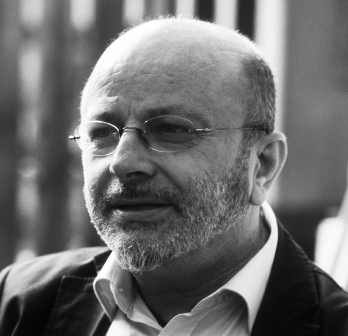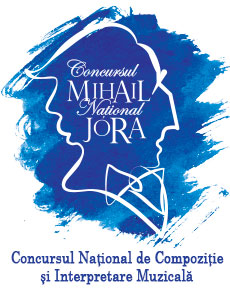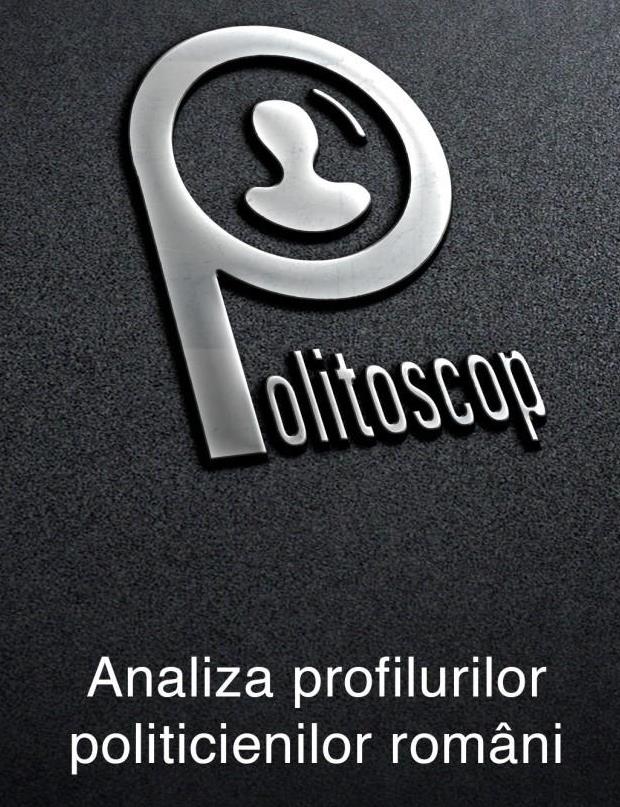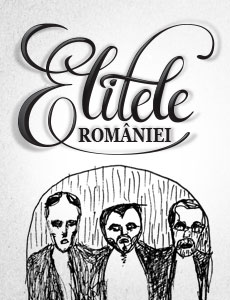Regional Seminar on Recent History
International Conference
Recent Pasts: Looking Backward, 2003-1933
Bucharest
May 21-23, 2004
The Regional Seminar on Recent History organized by CEU’s Pasts, Inc. Center for Historical Studies (www.ceu.hu/pasts) continues with an international conference in Bucharest, in cooperation with the Romanian Institute for Recent History (IRIR), New Europe College (NEC), and the Institute for Political Research (ICP) of the University of Bucharest. Funding for the conference is secured by the Open Society Institute’s Higher Education Support Program (HESP), and by Pasts, Inc. Conference logistical and additional administrative support is contributed by IRIR, NEC, and ICP.
The conference builds on the international seminar on “Recent History: The State of the Art” (Budapest, CEU, March 12-14, 2004), and a Curriculum Resource Center week-long session on Recent History (March 8-14, 2004). Other activities, ranging from lectures to conferences and to publications, are being planned over the next years. The whole Regional Seminar on Recent History, as well as other relevant CEU-based events and research projects, are a part of EURHIST XX, the largest European network specializing in recent history, coordinated by Sorin Antohi (CEU) and John Horne (Trinity College, Dublin).
While Western democracies were busy fighting the Cold War, the moral obligation of coping with their mid-twentieth century tragedies did not immediately result in concrete measures such as sustained, articulate legal action, bureaucratic policies, public debates, academic research, and (re)educational programs. A comparative history of the various path dependencies linking today’s Western democracies to their recent past(s) is yet to be written. Nevertheless, the growing body of writings on Europe’s recent history already suggests that, beyond local differences, a general pattern of distancing the past emerges, for which the inevitably special German case — an extreme variation on the Sonderweg theme — has provided the paradigmatic term: Vergangenheitsbewältigung. Distancing the past, coping with it psychologically, morally, metaphysically, dealing with it politically, legally, administratively, scholarly, on both individual and collective levels, proved to be a complex, lengthy, painful, controversial process.
















